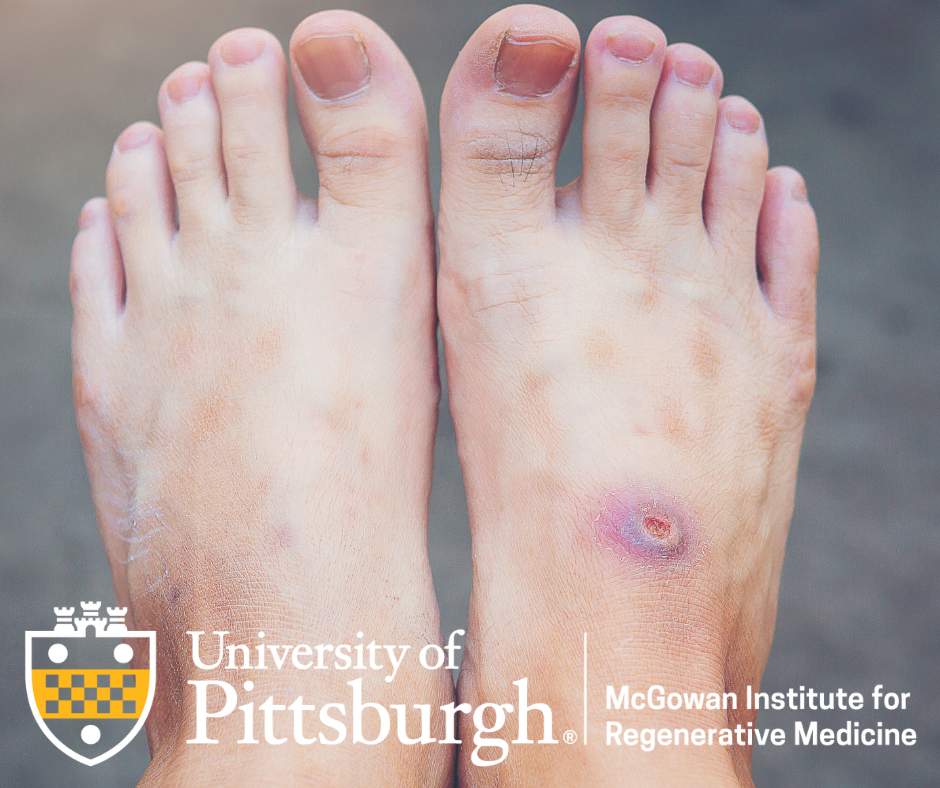
Chronic wounds, like diabetic foot ulcers, are a major challenge, affecting millions worldwide. These wounds often heal slowly, leading to infections, amputations, and a diminished quality of life—all at a tremendous cost of billions annually. Now, researchers from the McGowan Institute for Regenerative Medicine have uncovered a natural solution that could transform wound care. They discovered that blood-borne immune cells, like macrophages, and skin cells engage in a ‘life-saving handshake.’ In this process, macrophages release tiny biological packages called exosomes carrying a vital mitochondrial protein, TOMM70. This protein powers skin cells at the wound site, providing the energy needed for them to migrate and repair the wound. Without this mechanism, healing stalls, leaving wounds open and vulnerable to complications such as infection.
This breakthrough could revolutionize how we treat chronic wounds, offering faster healing, less pain, and significant cost savings. It holds the potential to unlock therapies for persistent wounds like diabetic ulcers, improving the lives of millions. By supporting this research, we can move closer to real-world treatments that make lasting impacts, giving hope to those who need it most.
Read full article here: http://pi.tt/PittMcGowan
